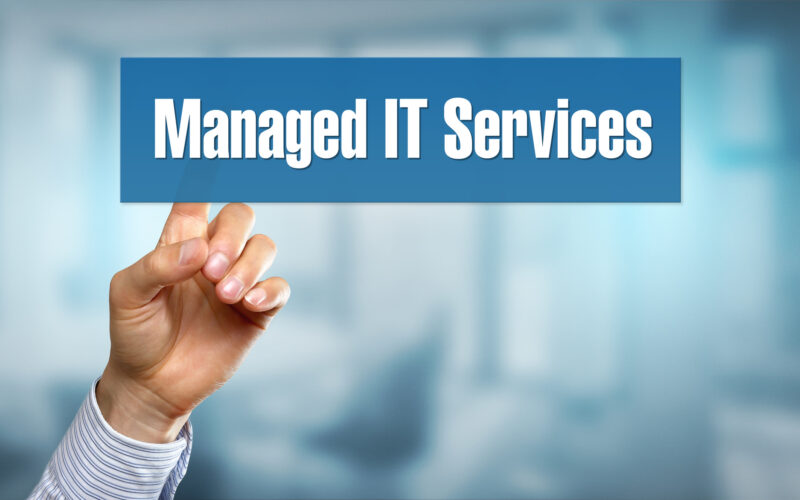There’s a very good reason why outsourcing has seen such a surge in popularity in the 21st century. There are many benefits to outsourcing, like increasing productivity and lessening your employees’ workload. It also enables you to hand over tedious and time-consuming tasks, so that your employees can focus on the most critical work for your business.
One area that business owners don’t think of outsourcing is help desk services, but that also brings many advantages to your IT infrastructure. Keep reading to find out what these perks would be.
1. 24/7/365 Help Desk Support
If your business is still relatively small but growing fast, you can probably only hire 1-2 help desk support staff. They will work their regular 9-5, like every other employee.
But as you know, many IT emergencies don’t happen during regular hours. Ensure that your employees never get an unwanted break in their workflow. They can call an outsourced help desk number, get their IT gear fixed, and get back to working quickly.
2. Customer Education
The gist of help desk support is that most problems the employees bring forth will be repetitive. This kind of knowledge is invaluable.
The outsourced help desk staff can record all the different IT troubles that pop up in your business and ensure that if there are any repetitive issues, they are resolved by on-the-ground solutions.
If similar issues happen, protocols can be implemented so employees can follow them to resolve their issues. This will save them time and allow the help desk to focus on more important, critical, and unique problems.
3. Increased Productivity
This is a significant benefit of all outsourcing. Ensure your employees are focused on something other than solving fires and waiting for their IT equipment to work.
They can stay productive and focused rather than being stalled every few days by finicky equipment, software, or other related issues.
Your employees can get into the flow state and be highly creative if they aren’t being interrupted by IT issues, and that’s good news for your business.
4. Improved Response Time
No business out there works without IT troubles. It’s normal to have issues pop up every now and then.
But it’s essential to resolve these issues quickly and then get on with the impending work.
With an outsourced help desk staff in place, you can ensure that your employees can call a single number and get connected right away to someone who can help them resolve their issue, no matter what time of day or what national holiday it is.
All this productivity will only move your organization forward, and that’s not something you can sneeze at.
5. Saved Money
There are many ways in which outsourced help desk services will help save your business money. Hiring an outsourced help desk can be much cheaper than hiring individual IT staff for your business. You have to account for individual staff members’ salaries, benefits, pensions, and more.
With outsourced help desk services, you pay a monthly fee, and that’s all. And included in this monthly fee also comes a host of other services. Some outsourced help desk services are an add-on to managed IT services as a whole.
Additionally, you should consider all the time you will save for your employees, the increased levels of productivity, and the additional profits all this will garner for your organization.
6. Access to Expert IT Professionals
When you have an outsourced help desk option, you have access to a team of IT professionals, all experts in various IT infrastructures. If one person on the team can’t solve your employee’s problem, they can get assistance from someone else in the group to help and solve your employee’s issue.
This means that not only will your employee’s issues be resolved faster, but they will surely have the collective industry experience to resolve your issue in the best possible manner so it doesn’t repeat itself.
You get access to dozens of years of experience where stellar IT professionals have helped businesses just like yours resolve IT issues of all kinds.
7. Efficient Monitoring of Employees
When you outsource your help desk support, you can still have eyes on what’s going on with your IT infrastructure. You will receive weekly or monthly reports on issues that are popping up and how they were resolved.
For example, We Solve Problems has a 99% user satisfaction rating, has solved more than 100,000 problems for customers, and has an average response time of 11 minutes.
It offers complete transparency regarding outsourcing, which means you don’t have to wonder about it all. Monitor employee performance, both the outsourced help desk workers and your own.
Also, if you are looking to monitor your employee workload and perform device management for security purposes, the help desk services can help you with that as well.
Outsource Your Help Desk Services to Us
We Solve Problems has been in business for 15 years. We help Los Angeles-based businesses of 20 to 200+ employees with various professional services, like outsourced help desk support, managed IT services, and more.
Ready to outsource the headache that is help desk services? Contact us today, and we can give you an idea of how our business can help you gain productivity and profit strides by outsourcing. There are so many benefits to outsourcing that you would be remiss if you didn’t consider it for your business.










